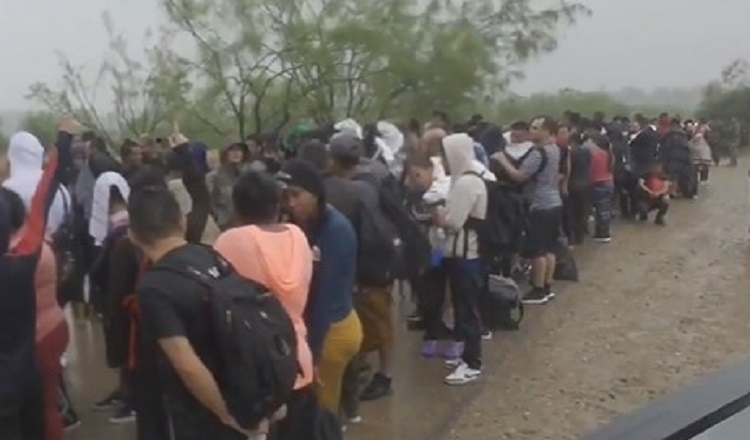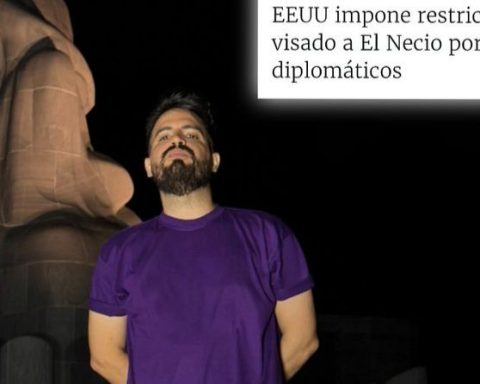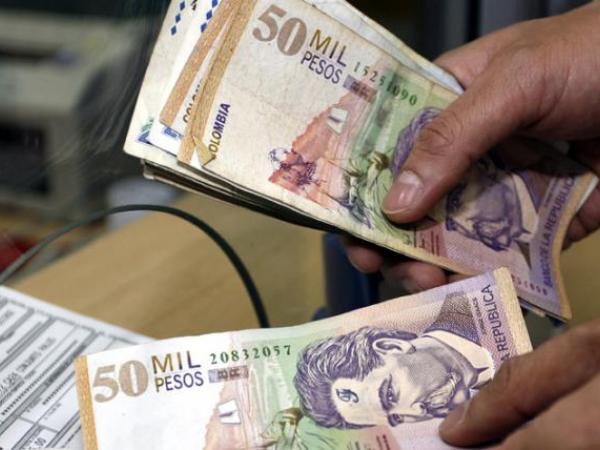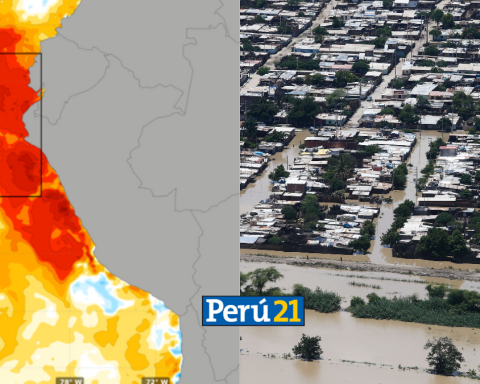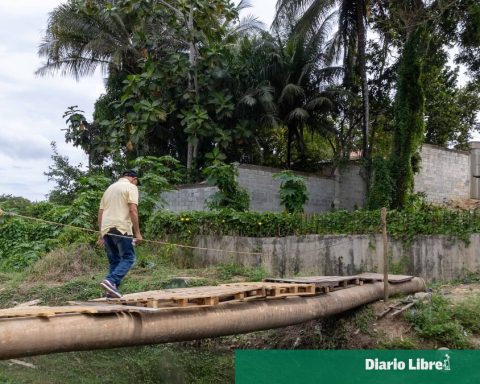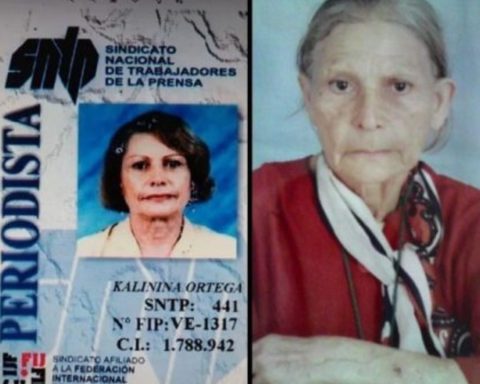MADRID, Spain.- Since former United States President Barack Obama repealed the “wet foot, dry foot” law, Cubans are obliged to prove their admission to the United States with an official document: either the I-94 ( Entry and exit record of foreign nationals entering the US on a nonimmigrant visa) received at the airport, upon admission to the country; or the parole granted by the border authorities.
But many of the Cubans who enter US territory do not receive a parole, but another document known as I-220A (also called “parole” and that, until now, has not been admitted to opt for permanent residence through the Cuban Adjustment Act).
This week CubaNet published a report on the experiences of Cuban emigrants who arrived in the United States with this I-220A. According to their accounts, when entering the country with this document, their situation is not easy.
“For us, the I-220A means that we are going to spend a lot of time working. What the lawyer tells you that after a year and a day you have the residence is not true. If you have a court date, you have to go to a judge, and he is the one who authorizes you [a residir legalmente en EE. UU.]”, said one of the interviewees.
The report of this medium has unleashed, in some cases, the empathy of the readers, and the opinions of others with similar experiences.
For example, Yodailis González questioned why some are granted parole and others are not.
While Pepe Marino referred to the cases of people who obtain asylum, for whom “the mechanism is different and they have a guaranteed path to a green card.”
“Very few people get asylum in the United States each year. However, Cubans need to explain what happened to them in Cuba; what happened to them that made them leave the country in fear for their lives. If they don’t prove that, then you stay as a refugee until one day you get “parole”, which doesn’t happen every year, and you can proceed to green card”, he added.
For his part, Yunior indicated that the only current option for any Cuban who enters illegally through any US border is to apply for asylum, which is totally free.
“If you enter with I-220A, I-220B or Parole, you do not have the right to adjust your immigration status to permanent resident through the Cuban Adjustment Act. The parole that is being given in the border detention centers is Parole (PWA) without admission, this does not allow you to be used as proof of admission into American territory for the Cuban Adjustment Act, ”he considered.
All these people who arrive in the United States with I-220A have their hopes pinned on a class action lawsuit of immigration lawyers that was presented in a federal court in Miami.
In it, a group of lawyers requested that the “parole” permit or I-220A be considered as an admission document to obtain permanent residence under the Cuban Adjustment Act and thus be able to regularize their immigration status.
Receive information from CubaNet on your cell phone through WhatsApp. Send us a message with the word “CUBA” on the phone +525545038831, You can also subscribe to our electronic newsletter by giving click here.
